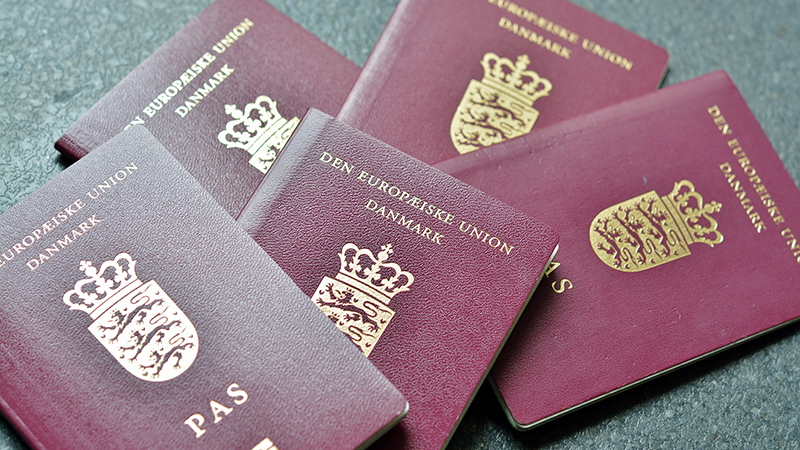Tourism industry and its employees hurt by Swedish ID controls
Since the Swedish government introduced ID controls at the borders in January, it really has affected the commuters in the Öresund region. Especially, workers in the tourism and hotel sector are affected
 Colourbox
ColourboxBy Jakob Esmann
The Swedish
border controls already have negative effects on the tourism industry in the
Öresund region and the nearly fifteen thousand workers that commute between
Sweden and Denmark for work every day. The Danish employer’s association for
hotels and restaurants, HORESTA, is very concerned about how the ID controls
affect the employees.
“Our
commuters are affected by the border controls through tailbacks, waiting time
and difficulties in general. We call for a dimensioning of the controls in a
way that the everyday commuters won’t have any difficulties. If the
difficulties on the journey are too many, businesses simply can’t afford losing
the manpower that is crossing Öresund on a daily basis,” says political officer
in HORESTA, Kirsten Munch Andersen.
According
to statistics from Öresundsintitutet, the controls also have changed the
commuters’ travel patterns. During the first three months the controls,
commuters going by train decreased by 11 percent compared to the year before,
and at the same time car traffic increased by 3,2 percent.
 Colorbox
ColorboxTourism and
commerce in Copenhagen and Malmö are already feeling the lower travel
activities, as longer and less convenient commuting between the countries has
resulted in fewer cross-border travelers. There is also fears that in the
coming peak season, travellers from the Southern parts of Sweden will not
depart from Copenhagen Airport but instead from Swedish airports, and perhaps
ID controls will influence visitors going to Copenhagen in general.
In general,
the EU Single Market is highly affected by increasing border controls between
countries within the Schengen cooperation. Controls cause tailbacks and
therefore precious waiting time at the border crossings. The free movement of
workers concerns 1,7 million commuting workers who are crossing a European
border every single day. Moreover, controls are expected to have certain
negative side-effects on the European tourism industry.